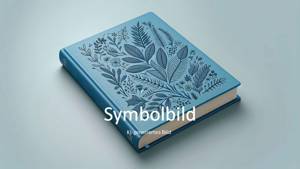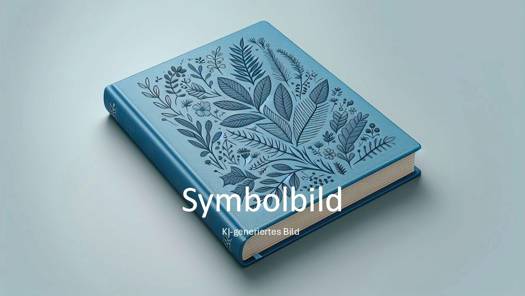
Bedankt voor het vertrouwen het afgelopen jaar! Om jou te bedanken bieden we GRATIS verzending (in België) aan op alles gedurende de hele maand januari.
- Afhalen na 1 uur in een winkel met voorraad
- In januari gratis thuislevering in België
- Ruim aanbod met 7 miljoen producten
Bedankt voor het vertrouwen het afgelopen jaar! Om jou te bedanken bieden we GRATIS verzending (in België) aan op alles gedurende de hele maand januari.
- Afhalen na 1 uur in een winkel met voorraad
- In januari gratis thuislevering in België
- Ruim aanbod met 7 miljoen producten
Zoeken
Scripted Intimacy in Fronto's Correspondence with Marcus Aurelius
Wytse Keulen
€ 147,45
+ 294 punten
Omschrijving
In this reappraisal of the early letter exchange between the Roman orator Fronto and his most famous pupil, Marcus Aurelius (second century AD), Wytse Keulen explores the profound mimetic impact of their strikingly 'authentic' intimacy. Keulen's analysis includes the letters' public appeal as a social performance, which skilfully combines eloquent self-fashioning with polite consensus building. He elucidates Fronto's letter collection as an artistic unity, published by Fronto himself: by weaving letters and replies into a meaningful overarching structure, the correspondence memorializes Fronto's friendship with the future Emperor as a literary monument dedicated to both correspondents. Thanks to this original conception, Fronto's letter collection proves to be a more than worthy successor to Pliny the Younger's epistolary project, surpassing its model through its dramatic power and captivating intimacy
Specificaties
Betrokkenen
- Auteur(s):
- Uitgeverij:
Inhoud
- Aantal bladzijden:
- 680
- Taal:
- Engels
- Reeks:
Eigenschappen
- Productcode (EAN):
- 9783161643224
- Uitvoering:
- Hardcover
- Afmetingen:
- 155 mm x 232 mm
- Gewicht:
- 564 g

Alleen bij Standaard Boekhandel
+ 294 punten op je klantenkaart van Standaard Boekhandel
Beoordelingen
We publiceren alleen reviews die voldoen aan de voorwaarden voor reviews. Bekijk onze voorwaarden voor reviews.









